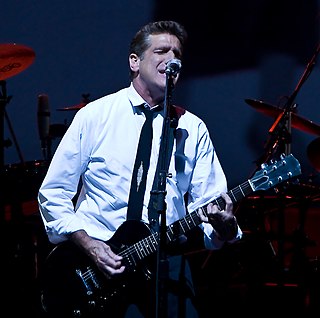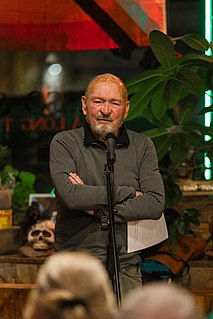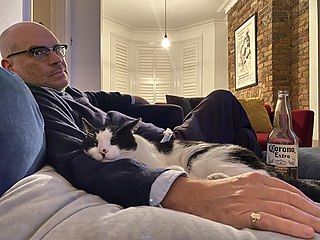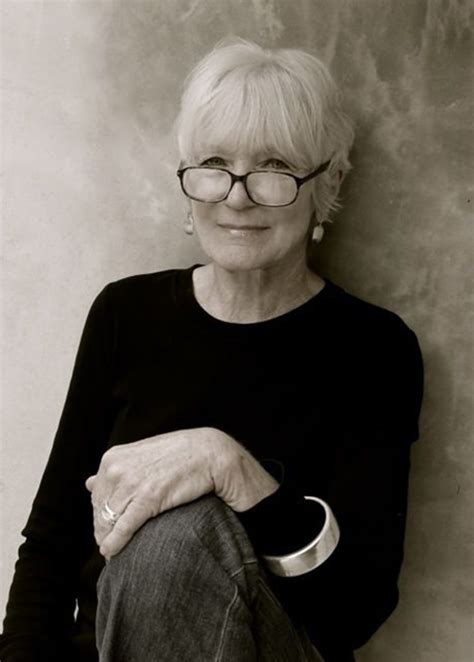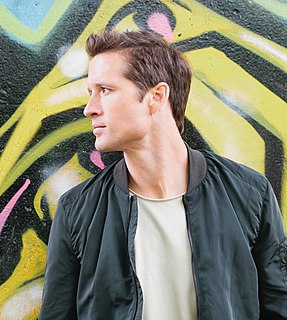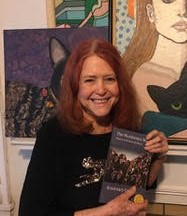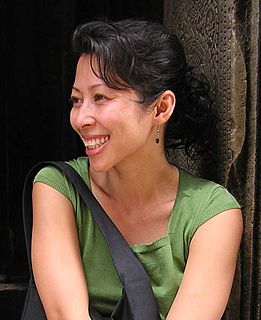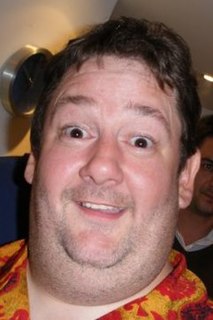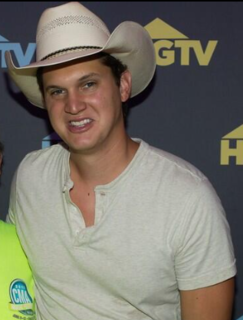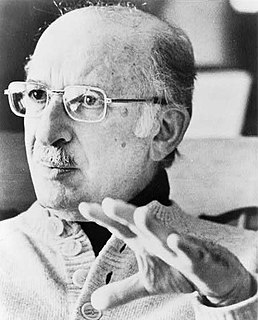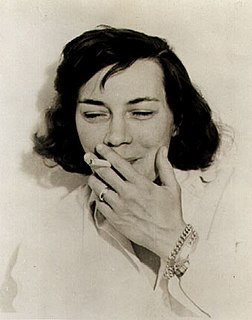Top 1200 Writing For Yourself Quotes & Sayings
Explore popular Writing For Yourself quotes.
Last updated on April 15, 2025.
It means abandoning being a poet, abandoning your careerism, abandoning even the idea of writing any poetry, really abandoning, giving up as hopeless - abandoning the possibility of really expressing yourself to the nations of the world. Abandoning the idea of being a prophet with honor and dignity, and abandoning the glory of poetry and just settling down in the muck of your own mindYou really have to make a resolution to write for yourself, in the sense of not writing to impress yourself, but just writing what your self is saying.
You find yourself by losing yourself. By not thinking about yourself all of the time. When I am in a slump with my writing, I'll go and walk for a week. Walk and not see a human being. Something happens after four or five days which is quite wonderful. It is an ancient thing. Your sense of smell. Your hearing. They come back.
When I used to teach writing, what I would tell my playwriting students is that while you're writing your plays, you're also writing the playwright. You're developing yourself as a persona, as a public persona. It's going to be partly exposed through the writing itself and partly created by all the paraphernalia that attaches itself to writing. But you aren't simply an invisible being or your own private being at work. You're kind of a public figure, as well.
Writing objects to the lie that life is small. Writing is a cell of energy. Writing defines itself. Writing draws its viewer in for longer than an instant. Writing exhibits boldness. Writing restores power to exalt, unnerve, shock, and transform us. Writing does not imitate life, it anticipates life.
I have a hard time writing. Most writers have a hard time writing. I have a harder time than most because I'm lazier than most. [...] The other problem I have is fear of writing. The act of writing puts you in confrontation with yourself, which is why I think writers assiduously avoid writing. [...] Not writing is more of a psychological problem than a writing problem. All the time I'm not writing I feel like a criminal. [...] It's horrible to feel felonious every second of the day. Especially when it goes on for years. It's much more relaxing actually to work.
If you have to find devices to coax yourself to stay focused on writing, perhaps you should not be writing what you're writing. And if this lack of motivation is a constant problem, perhaps writing is not your forte. I mean, what is the problem? If writing bores you, that is pretty fatal. If that is not the case, but you find that it is hard going and it just doesn't flow, well, what did you expect? It is work; art is work.
Do not beat up on yourself. Do not criticize your writing as lousy, inadequate, stupid, or any of the evil epithets that you are used to heaping on yourself. Such self-bashing is never useful. If you indulge in it, your writing doesn't stand a chance. So when your mind turns on you, turn it back, stamp it down, shut it up, and keep writing.
Gather knowledge about the craft of writing. Immerse yourself in the art of it. Then write. Write yourself silly. Write yourself mad. Write yourself blind. Trust the excitement that builds within you when the idea is good and the writing is superb. You can do it, but that's the hell of it as well as the exultation of it. You have to do it.
LOVE LETTERS TO YOURSELF This is taken from a love letter (a gentle reminder) I wrote to myself recently. Live in your joy today. Be authentic. Love yourself. First. Love others from your own abundance. Life Changes. Circumstances change. Sometimes you try to fit your old way of being into new circumstances rather than becoming new yourself. Embrace transformation as an opportunity. And keep on writing love letters to yourself.
I have my writing therapy. For me, writing and friends therapy is an internal journey where you go in deep, you reflect, you try to heal your inner child. But as an activist, there's the outward, going wide therapy, where you get to realize at a certain point that talking about yourself gets boring. And it's also unhealthy to be so much into yourself. At some point, you have got to be able to look at the issue and say, "It's not about you. It's about a culture, a people, a nation, a family."
Make no mistake, the organizations website counsels. You will be writing a lot of crap. And thats a good thing. By forcing yourself to write so intensely, you are giving yourself permission to make mistakes. To forgo the endless tweaking and editing and just create. I am not the first person to point out that writing a lot of crap doesnt sound like a particularly fruitful way to spend an entire month, even if it is November.
Finding yourself in a hole, at the bottom of a hole, in almost total solitude, and discovering that only writing can save you. To be without the slightest subject for a book, the slightest idea for a book, is to find yourself, once again, before a book. A vast emptiness. A possible book. Before nothing. Before something like living, naked writing, like something terrible, terrible to overcome.
I still encourage anyone who feels at all compelled to write to do so. I just try to warn people who hope to get published that publication is not all it is cracked up to be. But writing is. Writing has so much to give, so much to teach, so many surprises. That thing you had to force yourself to do - the actual act of writing - turns out to be the best part. It's like discovering that while you thought you needed the tea ceremony for the caffeine, what you really needed was the tea ceremony. The act of writing turns out to be its own reward.
People who write for reward by way of recognition or monetary gain don't know what they're doing. They're in the category of those who write; they are not writers. Writing is simply something you must do. It's rather like virtue in that it is its own reward. Writing is selfish and contradictory in its terms. First of all, you're writing for an audience of one, you must please the one person you're writing for. Yourself.
I've quit writing screenplay [adaptations]. It's too much work. I don't look at writing a novel as work, because I only have to please myself. I have a good time sitting here by myself, thinking up situations and characters, getting them to talk - it's so satisfying. But screenwriting's different. You might think you're writing for yourself, but there are too many other people to please.
I'll give you the sole secret of short-story writing, and here it is: Rule 1. Write stories that please yourself. There is no rule 2. The technical points you can get from Bliss Perry. If you can't write a story that pleases yourself, you will never please the public. But in writing the story forget the public.
Do you want to do this thing? Sit down and do it. Are you not writing? Keep sitting there. Does it not feel right? Keep sitting there. Think of yourself as a monk walking the path to enlightenment. Think of yourself as a high school senior wanting to be a neurosurgeon. Is it possible? Yes. Is there some shortcut? Not one I've found. Writing is a miserable, awful business. Stay with it. It is better than anything in the world.
If you are making money writing, you are doing great. If you can support yourself writing, you are a success. I don't care if you're writing textbooks or Pulitzer Prize-winning articles for weighty publications of world renown: If you're writing and it's paying the bills, consider yourself a successful writer.
Regard yourself as a small corporation of one. Take yourself off on team-building exercises (long walks). Hold a Christmas party every year at which you stand in the corner of your writing room, shouting very loudly to yourself while drinking a bottle of white wine. Then masturbate under the desk. The following day you will feel a deep and cohering sense of embarrassment.
I think that whether you've just begun writing or whether you've been writing for fifty years - I mean, I'm excited to get there and tell you about it when I do - I think that there's always the challenge of believing in yourself enough to get the work done and not being so taken with yourself that you're unwilling to continue to work on the work.
